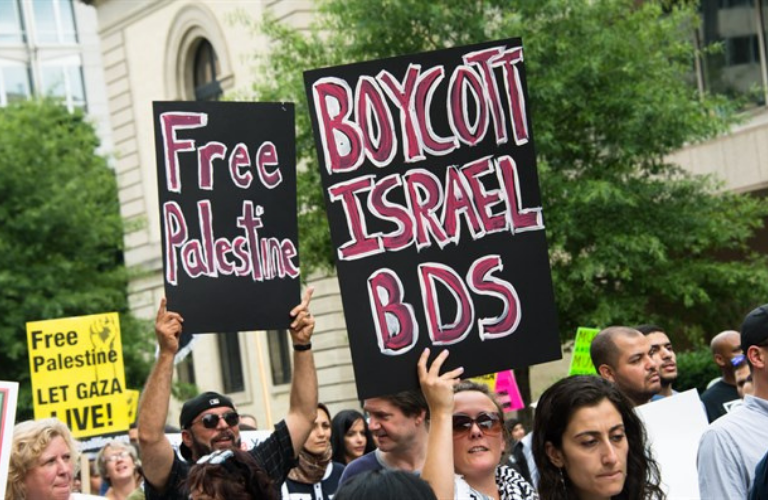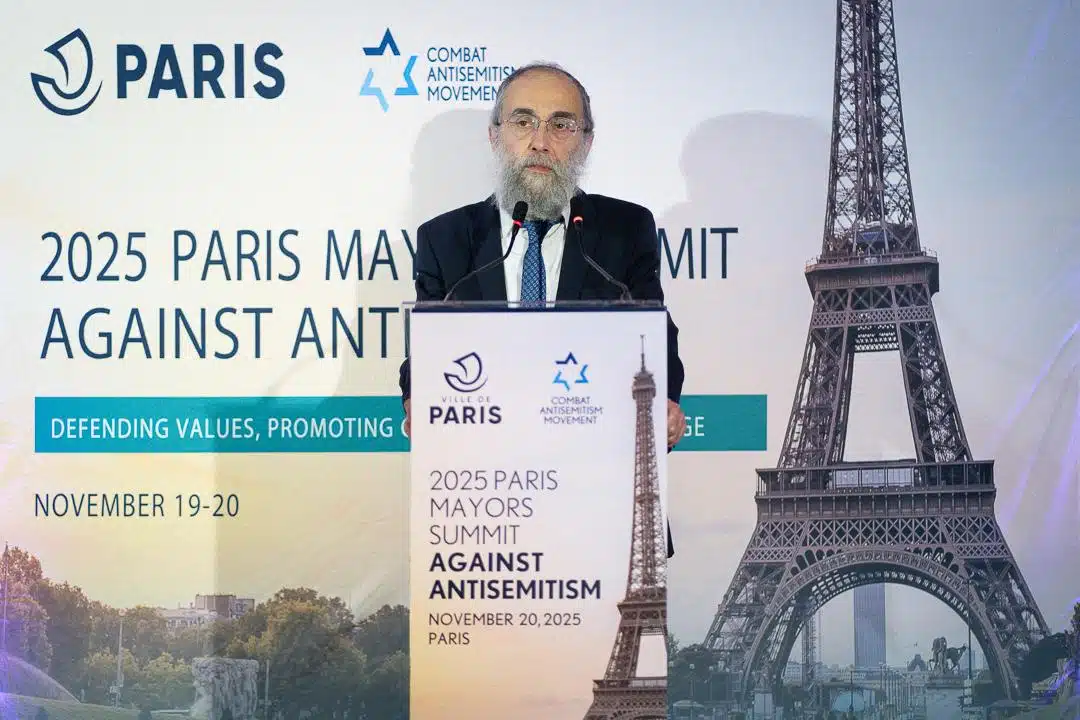

Middle East Studies Association’s Endorsement of BDS Slammed as ‘Antithetical to Academic Freedom’
In a 768-167 vote that was announced on Tuesday, members of the Middle East Studies Association (MESA) passed a resolution endorsing the boycott, divestment, and sanctions (BDS) campaign against Israel.
The resolution “directs the MESA Board of Directors to work in consultation with the Committee on Academic Freedom to give effect to the spirit and intent of this resolution, in a manner consistent with MESA’s bylaws as well as relevant US federal, state, and local laws.”
The approval of the resolution was strongly condemned by Scholars for Peace in the Middle East (SPME) — a nonpartisan and grassroots group of academics who have united to promote honest, fact-based, and civil discourse on Middle East issues.
“Academic boycotts are, by their very nature, antithetical to academic freedom and the free flow of scholarly debate, inquiry, and dialogue,” a SPME statement noted.
Furthermore, SPME questioned “why MESA feels compelled to answer the call to boycott Israeli academic institutions, specifically, and not universities in countries where actual suppression of dissent, academic freedom, and scholarly inquiry are prevalent — China, North Korea, Saudi Arabia, and others, for example.”
“The targeted boycott of only one country — Israel — indicates that MESA has made the determination that, at least in the Israeli/Palestinian debate, there is only one side worthy of defense, that any voices from Israeli scholars are irrelevant, unworthy, and deemed unacceptable to even be part of academic community and the marketplace of ideas that academia seeks to create,” it added.
SPME pointed out, “MESA also makes the oft-repeated, though mistaken, claim that the boycott will only target institutions, not individuals, asserting, weakly, ‘that the BDS campaign against Israel is one that targets institutions and not individuals’; but that excuse is a lie and another way of obscuring the harm that boycotts inflict on actual scholars — the same people that MESA claims to care so much about, assuming they are not Israeli and Jewish.”
SPME President Philip Carl Salzman commented, “SPME is concerned by this disingenuous language which tries to suggest that only institutions, not individuals, will be boycotted, based on their so-called ‘complicity’ with the policies of the Israeli government and the occupation. Institutions do not engage in ‘research, conferences, events, exchange programs, publications or other activities,’ people do — in this case, Israeli academics, most of whom, not coincidentally, are Jewish. The notion that the BDS campaign targets institutions and not individuals is fallacious as it is morally repugnant, not to mention contrary to what academic institutions represent.”
Richard Landes, chair of SPME’s Council of Scholars, said, “The world academic community frowns upon academic boycotts, such as the current example of MESA, which it regards as antithetical to the fundamental principles of academic freedom. Whatever their feelings, academics cannot say they support academic freedom and exchange if they boycott, censor, or otherwise interrupt the exchange of ideas, research and information. Credible academic associations must be clear in supporting basic principles of academic freedom with statements and policies rejecting such campaigns and actions.”
For more information about Scholars for Peace in the Middle East (SPME), please visit: spme.org







